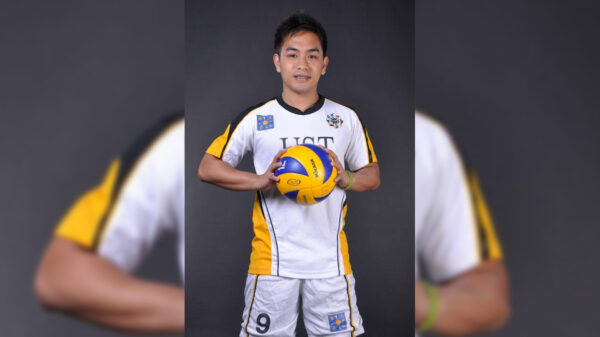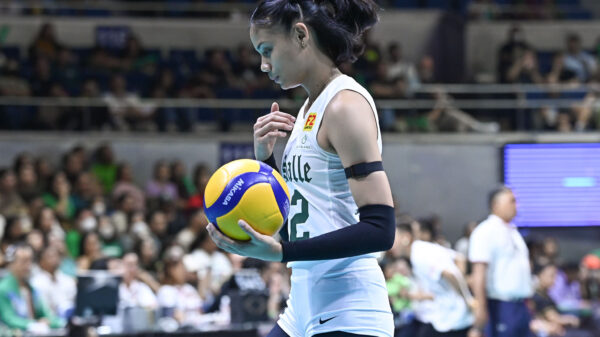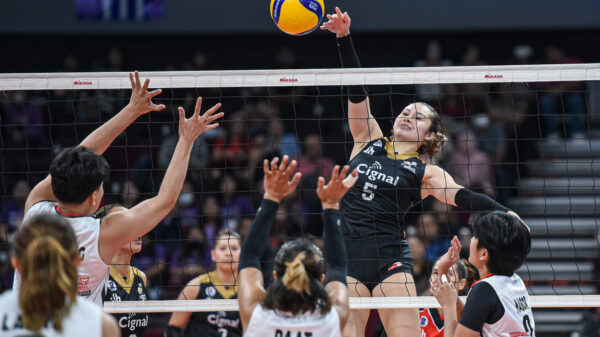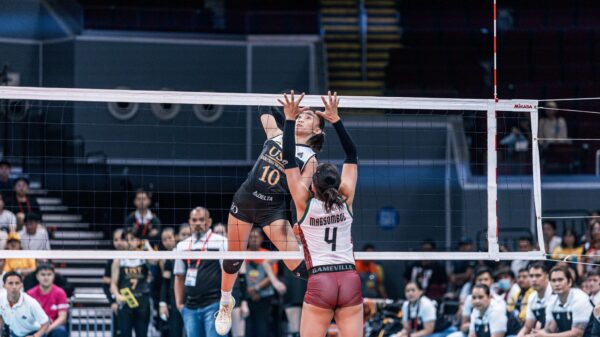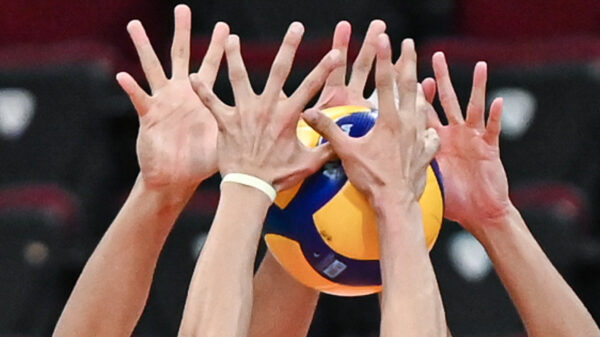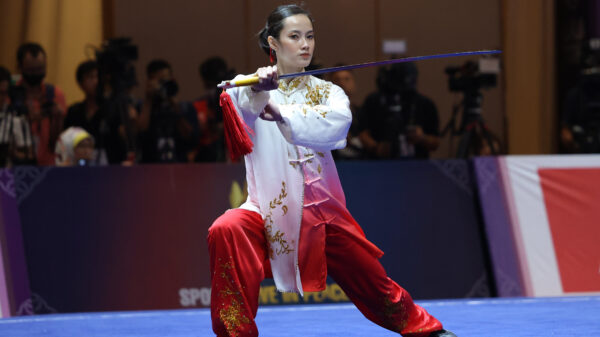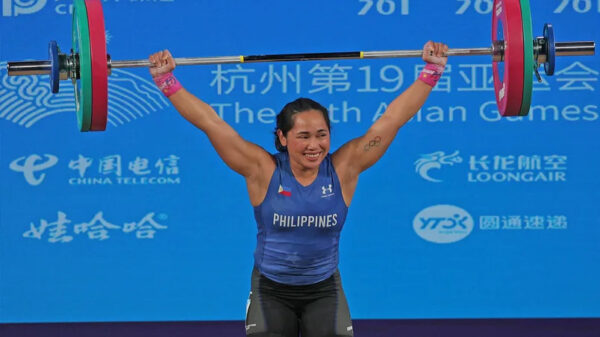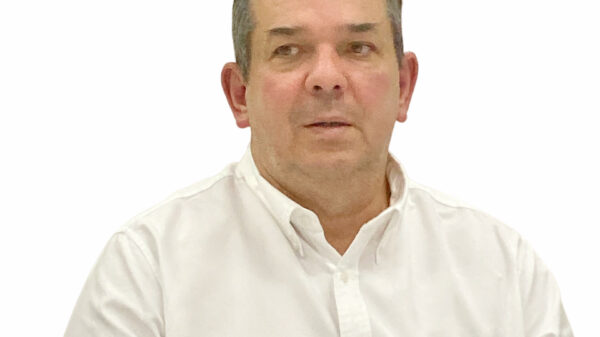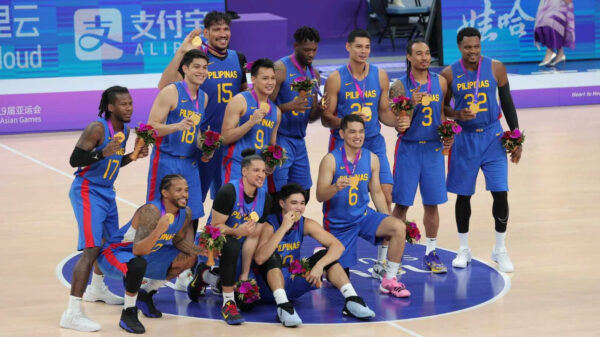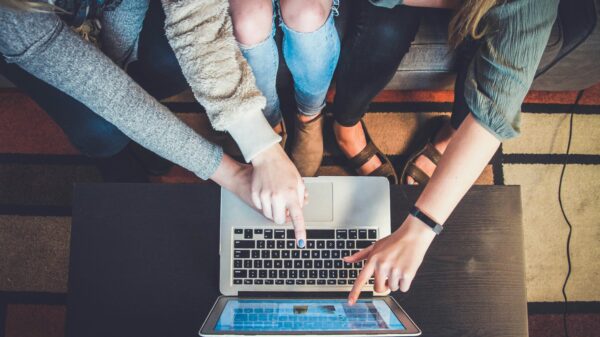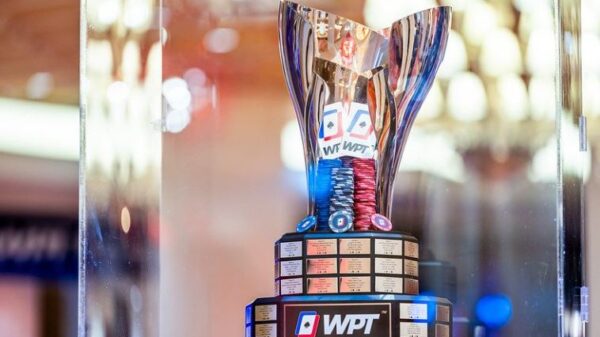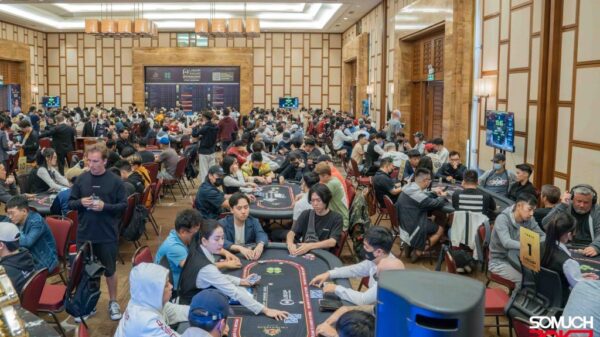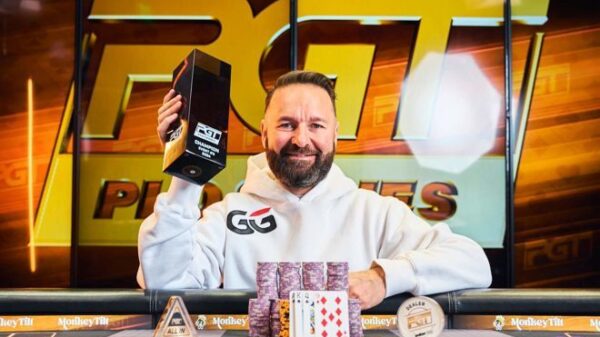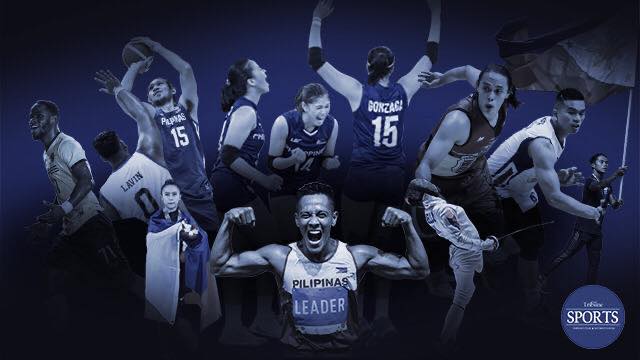Gymnastics superstar Simone Biles is poised to compete in August for the first time since mental health and safety concerns cut short her Tokyo Olympics campaign, entering the August US Classic near Chicago.
USA Gymnastics announced Wednesday that the four-time Olympic gold medalist was entered in the 4 to 5 August event, which would be her first since she withdrew from most of her events in Tokyo in 2021.
“Registration does not guarantee participation,” USA Gymnastics warned in the statement.
“Every athlete is at a different place in their season and career, and we will support each of them, wherever they are in their journey,” said USA Gymnastics chief programs officer Stefanie Korepin.
Biles electrified the 2016 Rio de Janeiro Olympics, where she won gold in team, all-around, vault and floor exercise as well as a balance beam bronze.
She entered the Covid-delayed Tokyo Olympics in 2021 as a heavy favorite to win as many as five gold medals.
She hadn’t lost an all-around competition since 2013 and her build up to the Games included mastery of a daring Yurchenko double pike vault that had never before been seen in women’s competition.
But she would depart Tokyo with only team silver and a balance beam bronze after her campaign was cut short after she experienced the “twisties,” the phenomenon in which gymnasts lose the ability to orient themselves in mid-air.
Biles withdrew from the team event after performing on one apparatus and later withdrew from the all-around competition and the finals for vault, uneven bars and floor exercise, saying at the time she needed to prioritize her mental health.
Biles said in a video released after Tokyo that her problems had been building for a while.
“I wouldn’t even say it started in Tokyo. I feel like it was probably a little bit deeper-rooted than that,” Biles said.
“I think it was just the stress factor. It kind of built up over time, and my body and my mind just said no. But even I didn’t know I was going through it until it just happened.”
“It just sucks,” Biles said in the video. “But I know that I helped a lot of people and athletes speak out about mental health and saying no. Because I knew I couldn’t go out there and compete. I knew I was going to get hurt.”

